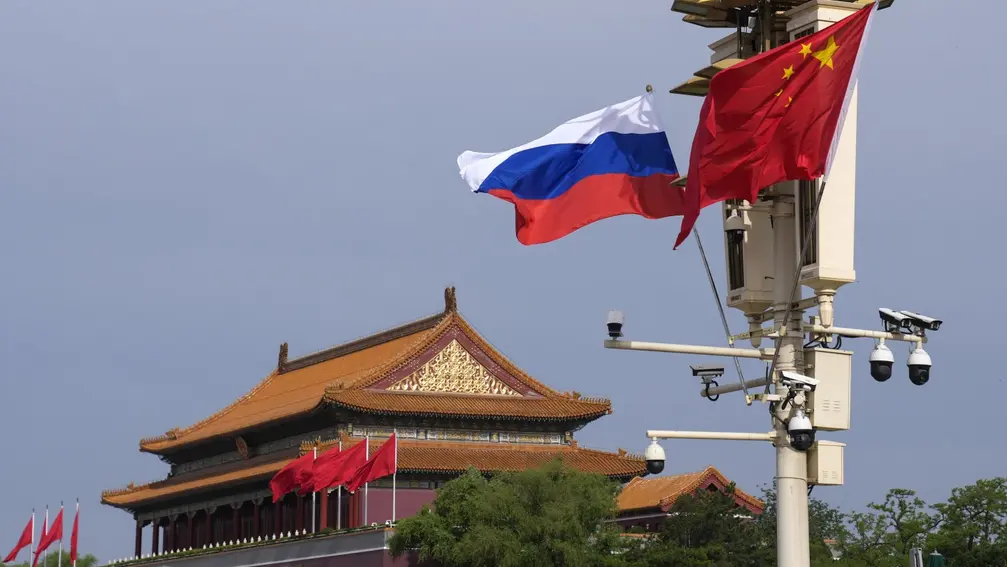T4K3.news
India resists U.S. tariff pressures
India shows resilience as U.S. imposes tariffs, with support solidifying for Modi's response.
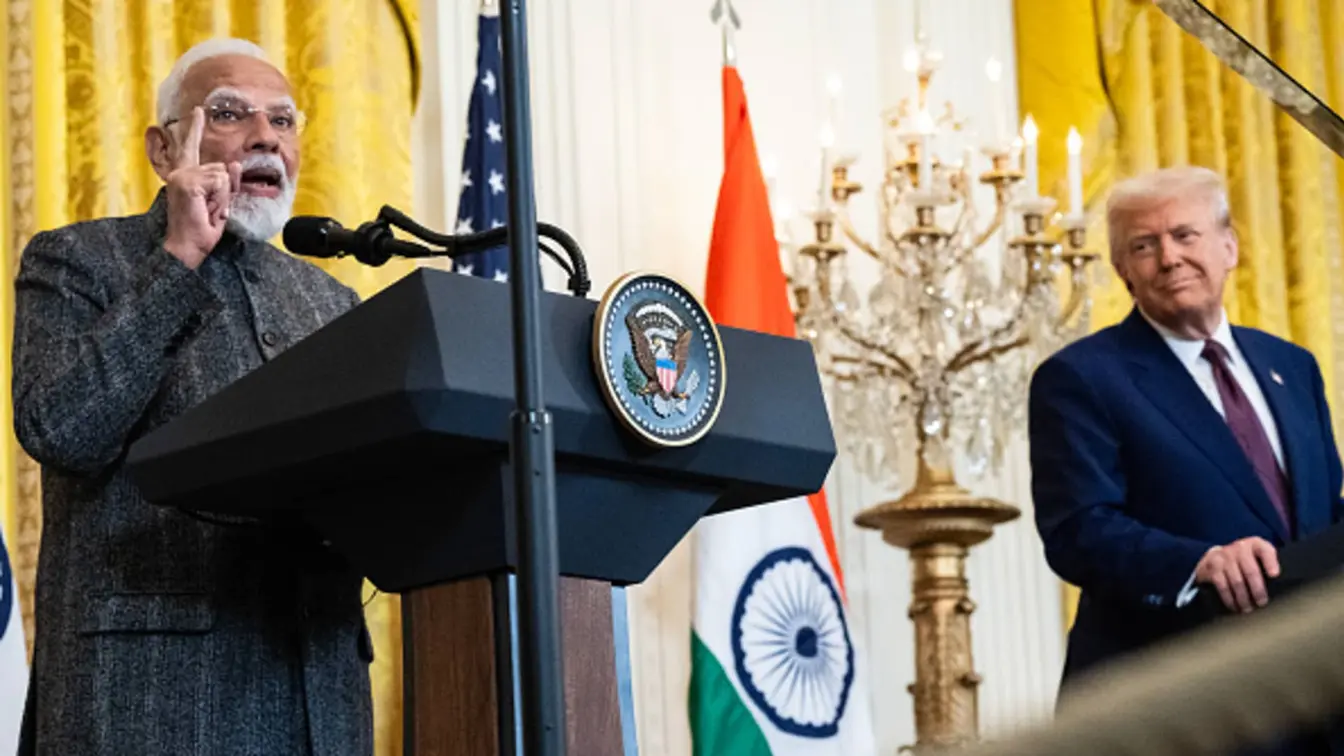
India exhibits resilience in the face of U.S. tariff increases and threats of sanctions.
Trump misjudges India’s response to U.S. tariff threats
India's stock market registered minimal changes following the U.S. announcement of a 50% tariff on Indian goods, and a threat of sanctions over oil trade with Russia. The Sensex index dropped 0.8%. Indian leaders, including Prime Minister Narendra Modi, view the U.S. move as an influential tactic aimed at expediting trade discussions rather than a serious economic threat. Modi gained additional support from the opposition, with leader Rahul Gandhi labeling the tariffs as "economic blackmail". Despite Morgan Stanley warning that the tariffs could impact India's GDP by $23 billion, the country seeks to protect key agricultural sectors and maintain a strong domestic market. India’s overall economic reliance on domestic consumption, accounting for over 60% of GDP, mitigates some potential damage. Modi has also initiated diplomatic visits, signaling India's intent to navigate through U.S.-Russian dynamics carefully while retaining economic interests.
Key Takeaways
"The penalty for Russian oil purchases is economic blackmail."
Rahul Gandhi criticizes Trump's tariff strategy, aligning Indian opposition behind Modi.
"India will never compromise on the interests of the country's farmers."
Modi emphasizes India's commitment to protect its agricultural sectors amid tariff threats.
"The impact on India's GDP is significant but not debilitating."
Morgan Stanley assesses the potential economic fallout of U.S. tariffs on India.
"Trump's trade approach fails to respect India's sovereignty."
Political analysts critique Trump's handling of U.S.-India relations amid rising tensions.
The situation highlights a critical moment in U.S.-India relations as President Trump's approach appears to overlook India's sovereignty and commitment to its farmers and industries. Politically, Modi's newfound unity with opposition parties could strengthen India's negotiating position. The fluctuating relationship may lead to long-term implications, altering trade dynamics and international alliances. Analysts suggest that while tariffs can impose immediate pressure, India's reliance on its strong domestic consumption base and a diverse trade portfolio may buffer against significant economic fallout.
Highlights
- India's farmers won't be sacrificed for Trump's ultimatums.
- Economic blackmail only strengthens India's resolve.
- India is 'ready to stand firm' against U.S. tariff pressure.
- Trade tactics require respect for national interests.
Potential backlash from U.S. tariffs and sanctions
The recent tariff increase and threats of sanctions may provoke a strong response from India, complicating diplomatic relations. This could affect trade stability and economic growth.
As the trade landscape shifts, India's ability to leverage its market power persists.
Enjoyed this? Let your friends know!
Related News
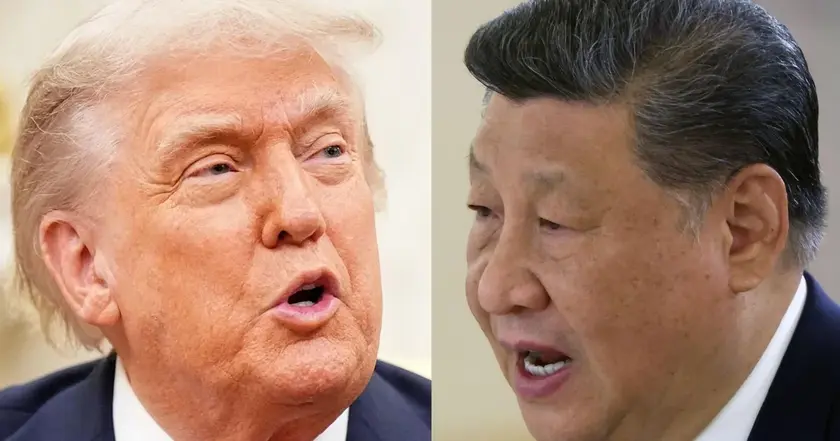
China reaffirms commitment to Russian and Iranian oil imports
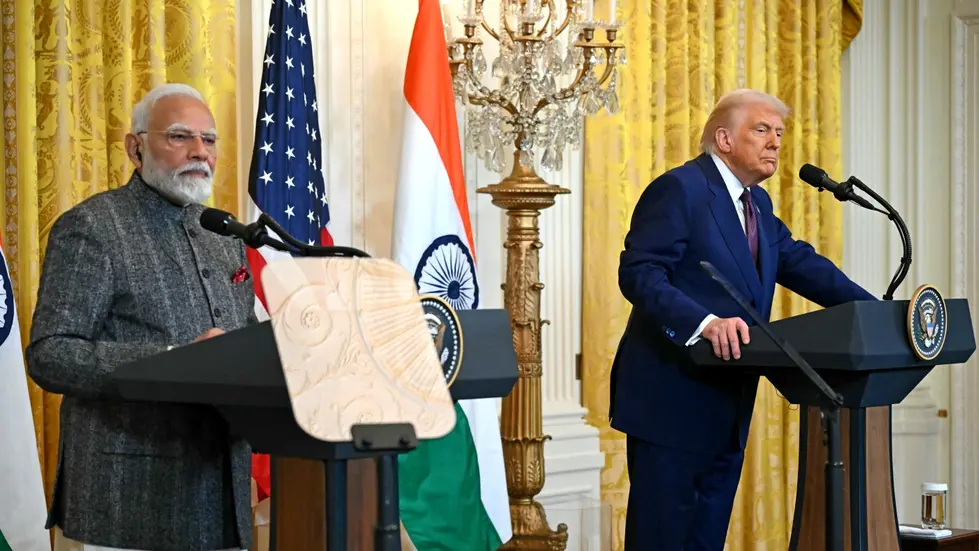
U.S. to impose tariffs on Indian goods

China refuses US oil purchase demands
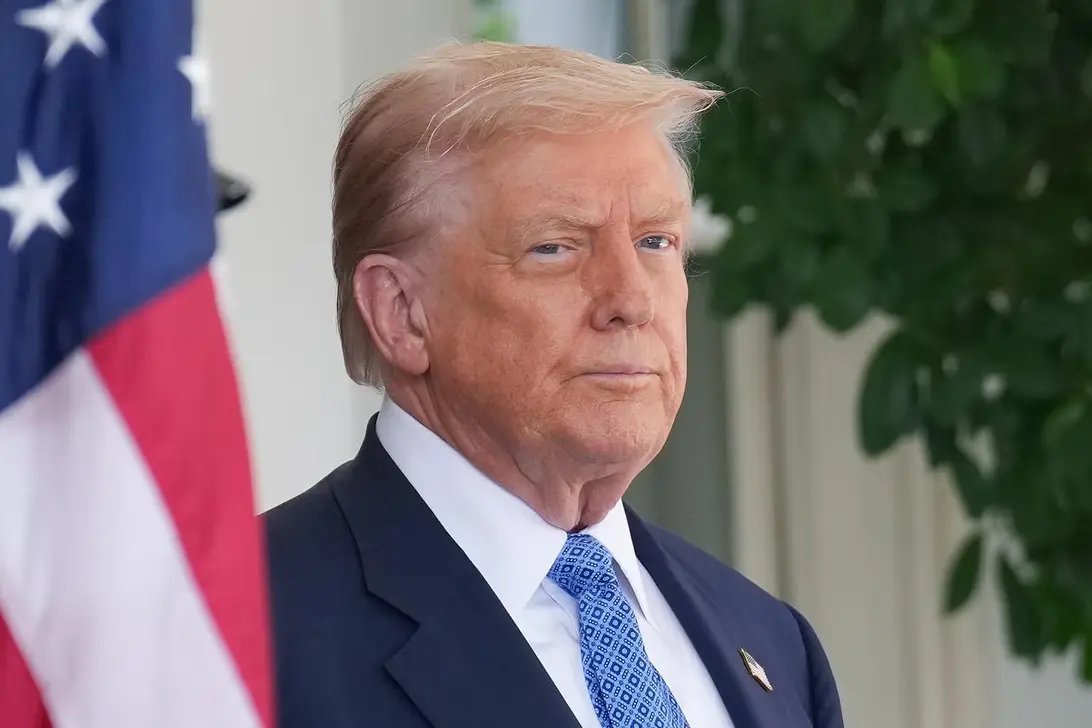
Trump threatens Gaza and Ukraine actions
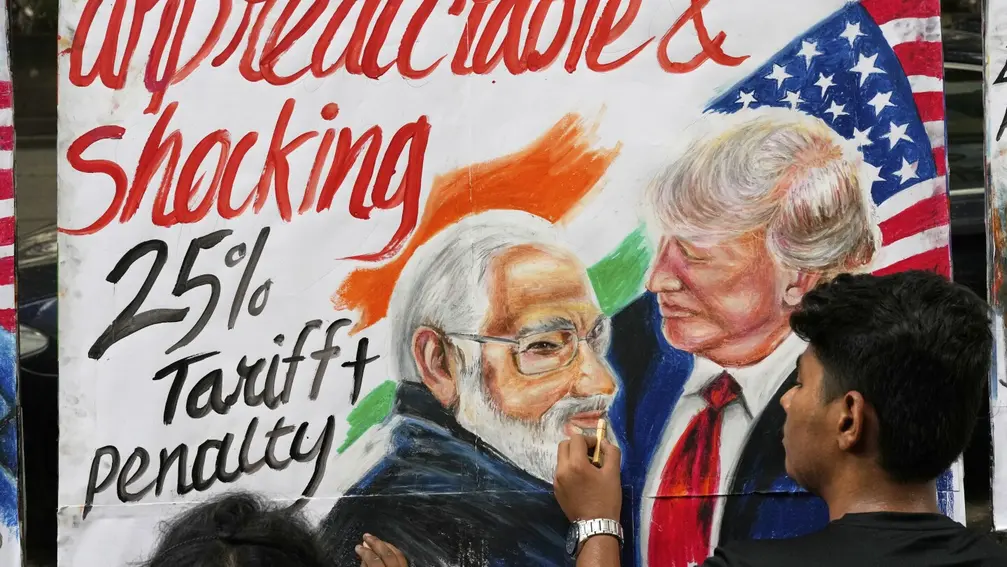
Rising tensions between India and US over trade issues
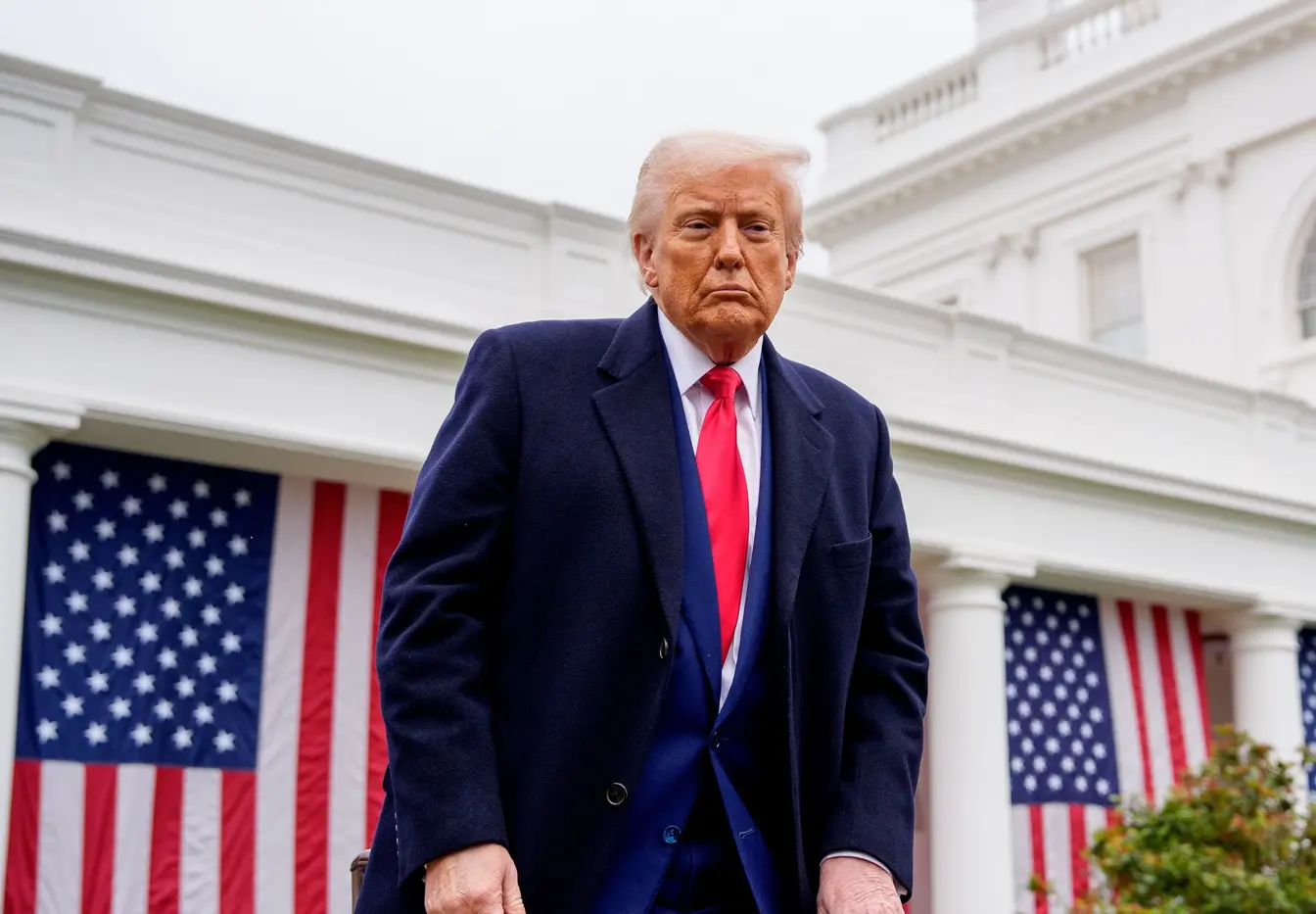
Trump imposes tariffs on Indian imports

Russian oil tankers idling near India amid sourcing reconsiderations

Russia shifts Urals oil to China after India tariffs
